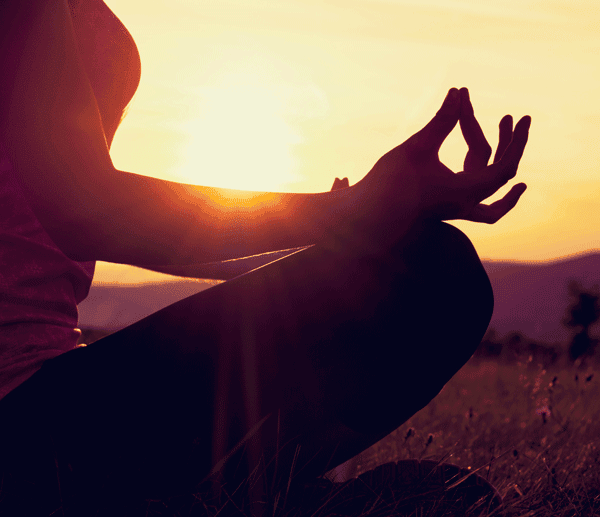On being a SEN Master, Part 1
by Tom Horvath, Ph.D., ABPP
What did the Zen Master say to the hot dog vendor? “Make me one with everything.”
 This article is NOT about gaining enlightenment. Rather, I focus on gaining greater lifestyle balance and greater overall physical and emotional health. The term SEN Master, which I coined a few years ago, emphasizes the benefits of good Sleep, Exercise and Nutrition. Of course, there are other valuable health habits (not abusing substances, washing your hands regularly–so as not to spread germs, taking care of your teeth, limiting sun exposure), and other habits that indirectly promote health (having a good social life, having meaningful activities). The term SEN Master, however, suggests that good sleep, exercise and nutrition are the core health habits.
This article is NOT about gaining enlightenment. Rather, I focus on gaining greater lifestyle balance and greater overall physical and emotional health. The term SEN Master, which I coined a few years ago, emphasizes the benefits of good Sleep, Exercise and Nutrition. Of course, there are other valuable health habits (not abusing substances, washing your hands regularly–so as not to spread germs, taking care of your teeth, limiting sun exposure), and other habits that indirectly promote health (having a good social life, having meaningful activities). The term SEN Master, however, suggests that good sleep, exercise and nutrition are the core health habits.
Physician: (providing the results of a physical exam to the patient): “You are actually in very good health. I’m surprised, because the very best things you could do for yourself would be to quit smoking, quit drinking, and lose weight.”
Patient: “Doc, I don’t deserve the best. What’s the second best?”
Good sleep, good exercise and good nutrition are the three “miracle cures” that are not popular because they require significant effort and significant planning. SEN, like zen, does not happen by accident. Let’s consider each of these miracle cures.
Sleep: For most people 8-9 hours of sleep per night is ideal. Be forewarned, if you sleep this much, you won’t fall asleep instantly anymore. Falling asleep as your head hits the pillow is a sign of sleep deprivation, not of how good a sleeper you are. Well rested individuals can take 20 minutes to fall asleep. Once well rested you may also experience a “waking time” in the middle of the night. The waking time is a term from the middle ages, when spending 12 hours or more in bed was common. If you didn’t have electric lights or central heating, you’d probably spend more time in bed too! During the waking time one might think, daydream, communicate with one’s partner, etc. You can also become well rested by taking a nap daily (“polyphasic” sleep), as is done in Latin America. This is also an excellent option, if you actually take the nap! Also be forewarned that if you are significantly sleep deprived you may need several months to become well rested, and the immediate reaction you may have to getting more sleep could be to feel even more tired.
With adequate sleep one does not drag along all day, feeling tempted to nod off at slower times. With adequate sleep we feel energized, in a good mood, and healthy. We don’t need to seek out stimulants like caffeine or nicotine, or “enlivening” activities. Our normal lives can be fully satisfying. We don’t need to jolt ourselves from being half asleep into crazed alertness. Our fear that we are losing precious hours (by not staying awake longer) will be replaced with joy in the hours we have.
If you are curious to learn more about sleep, and the epidemic of sleep deprivation affecting most of Western culture, I recommend The Promise of Sleep by William C. Dement, MD, the Stanford physician who founded at Stanford the world’s first sleep lab. The main point of the book: almost all of us need more sleep.
Check out part 2! And be sure to sign up for our weekly newsletter so you can get our latest articles on recovery support!
Adapted with permission from an article originally published in the SMART Recovery newsletter.
